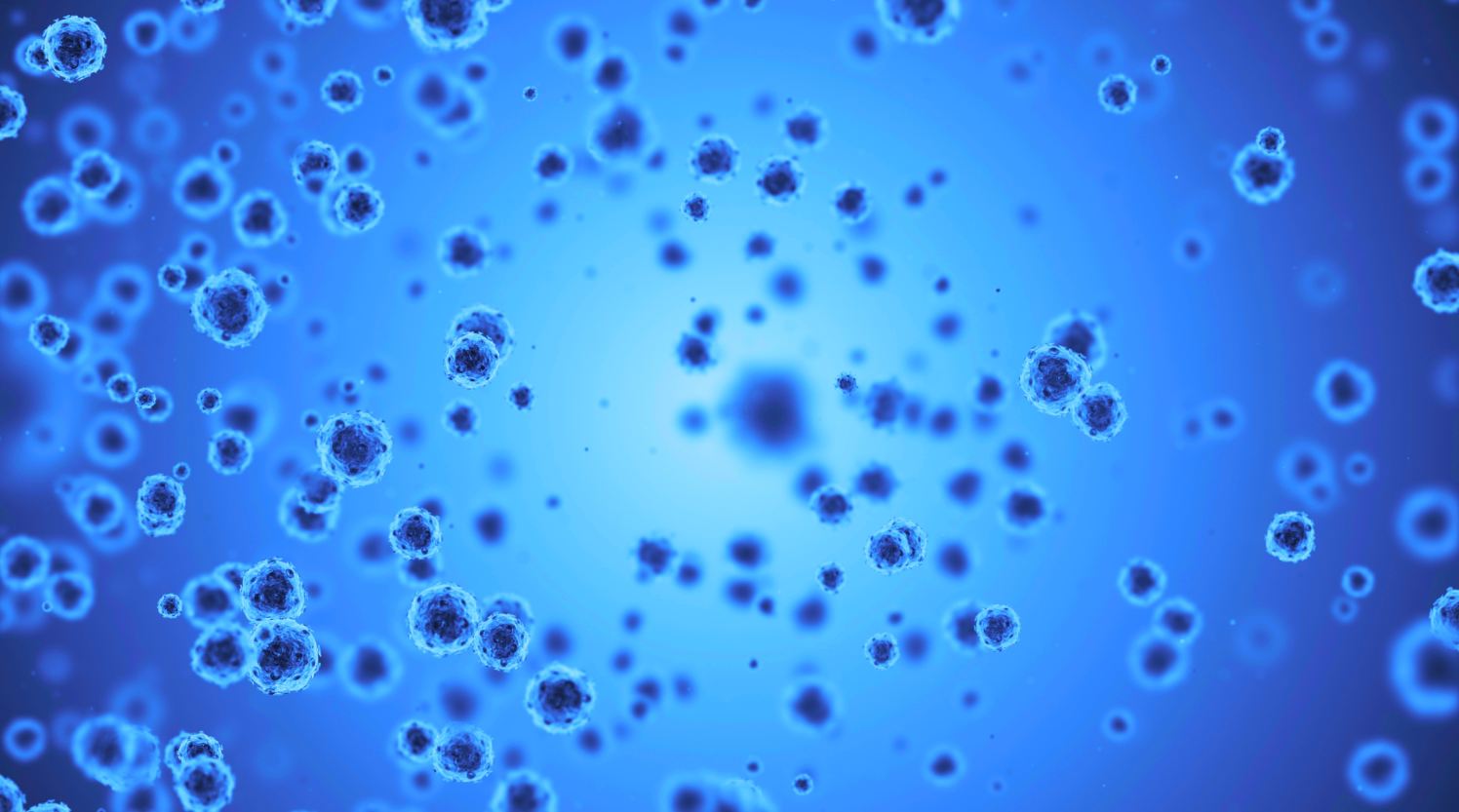HIV often will be together with genital herpes, so that preventing HIV is a very important thing. Having genital herpes can increase the risk of being infected with HIV, the virus that causes AIDS, and it can cause serious problems for people living with HIV (human immunodeficiency virus). Herpes affects everyone differently and for most people it is a mild and manageable skin condition, but it is not always severe. In many cases the symptoms will look like nothing more than a minor skin irritation, a paper cut or pimple.
Genital herpes is a common and highly contagious infection usually spread through sex. This infection is usually caused by the herpes simplex virus-2 (HSV-2) or the herpes simplex virus-1 (HSV-1), the virus usually responsible for cold sores. Genital herpes treatment includes medicines to help sores heal faster and prevent outbreaks. Some herpes outbreaks can be severe and painful but most people’s are not if you are one of the unlucky few who do experience very active symptoms hopefully it is in the early stages only. The first primary outbreak is almost always the worst because the body needs time to develop antibodies to fight the virus. Once these antibodies are produced the outbreaks are likely to become far less severe.
For most people, outbreaks tend to get less and less with time and can be greatly improved by strengthening your immune system and finding the right combination of factors that works for you and your body. If you are struggling with outbreaks, looking for Herpes Treatment and Herpes Remedies pages to read about different approaches that have worked well for others.
When you develop a sore, the immune system tries to heal it, so there are many immune cells concentrated in that spot. Those are the cells that HIV infects. If HIV in semen, vaginal fluid, or blood comes in contact with a herpes sore, the risk for infection is high. HIV and the genital herpes virus will affect each other. One can worsen the effects of the other. Research shows that when the herpes virus is active, it may cause HIV to make more copies of itself (the process called replication) than it would otherwise. The more HIV replicates, the more of the body’s infection-fighting cells it destroys, eventually leading to AIDS (acquired immune deficiency syndrome).
It will be more difficult to treat genital herpes if you also have HIV. Because people infected with both HIV and the herpes virus may have longer-lasting, more frequent, and more severe outbreaks of herpes symptoms. Higher doses of antiviral drugs are often used to treat herpes in people with HIV. Many people with HIV have strains of the herpes virus that are resistant to treatment with the standard antiviral drugs. Once a person has contracted herpes the virus will remain in the body. Most of the time when Herpes sores are not present on the skin the virus remains in a latent (sleeping) state in the central nervous system, where it does no damage. When the virus reactivates (wakes up), it travels nerve paths to the surface of the skin, sometimes causing a breakout of symptoms on the skin’s surface, otherwise known as an outbreak




